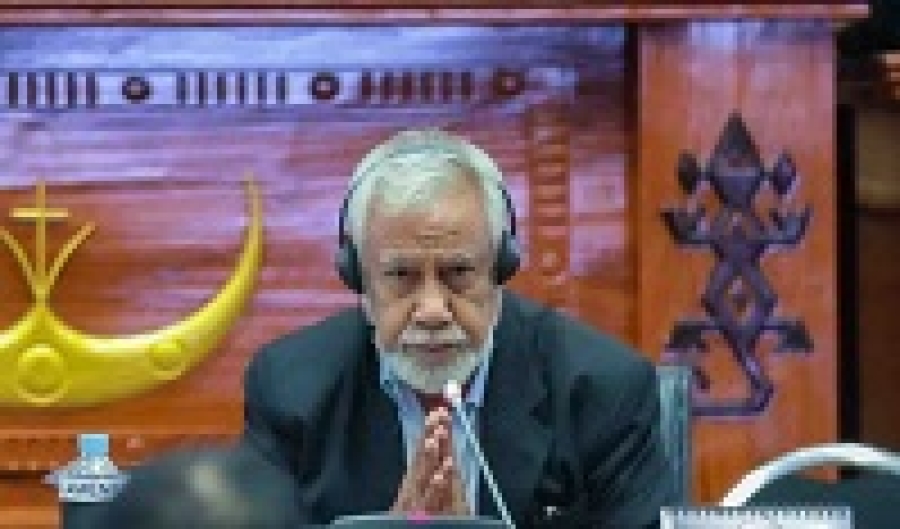The comments come as Prime Minister Xanana Gusmao on Tuesday announced a budget for 2024 with the central theme “Building a bridge to tomorrow: investing in the sector productive and social capital”.
Gusmao presented a US$1.95 billion budget for the running of country’s central administration, Special Administrative Region of Oe-Cusse Ambeno (RAEOA) and Social Security, excluding the Security Reserve Fund Social.
This amount includes an allocation of US$1.83 billion for the Central Administration and US$60 million reserved for the RAEOA and US$347.6 million for Social Security, he said.
La’o Hamutuk said the budget highlighted an objective to “empower the country’s future by investing in the most productive sectors, but none of the productive sectors were in the proposed appropriations.
“In view of the allocations in the proposed 2024 State Budget, the Government still does not prioritize essential areas, and we are concerned that the Government’s promises to improve peoples’ living conditions, which remain a major concern, will not be kept,” said La’o Hamutuk.
“Allocations to the critically important functions of health, education, clean water and sanitation comprise only about 17% of the total budget.”
La’o Hamutuk said the government should be “should be realistic and invest in sustainable sectors, not continue to fantasize.”
La’o Hamutuk credit 84% of the budget’s finance coming from the nation’s Petroleum Fund (PF).
“Up to now, our economy depends on state expenditure, mainly from the PF, and we will struggle when Timor-Leste no longer has the Petroleum Fund. Its upcoming emptiness will severely impact the whole economy, including public- and private-sector employment as well as GDP, and we are very worried.”
“…. notwithstanding the stated intention of the 2024 State Budget, they allocate still more money to the Tasi Mane Project and Greater Sunrise, whose total costs have never been made clear. We still do not know how much these projects will benefit our people and our nation, or what their environmental, land and human rights costs and risks will be.”







